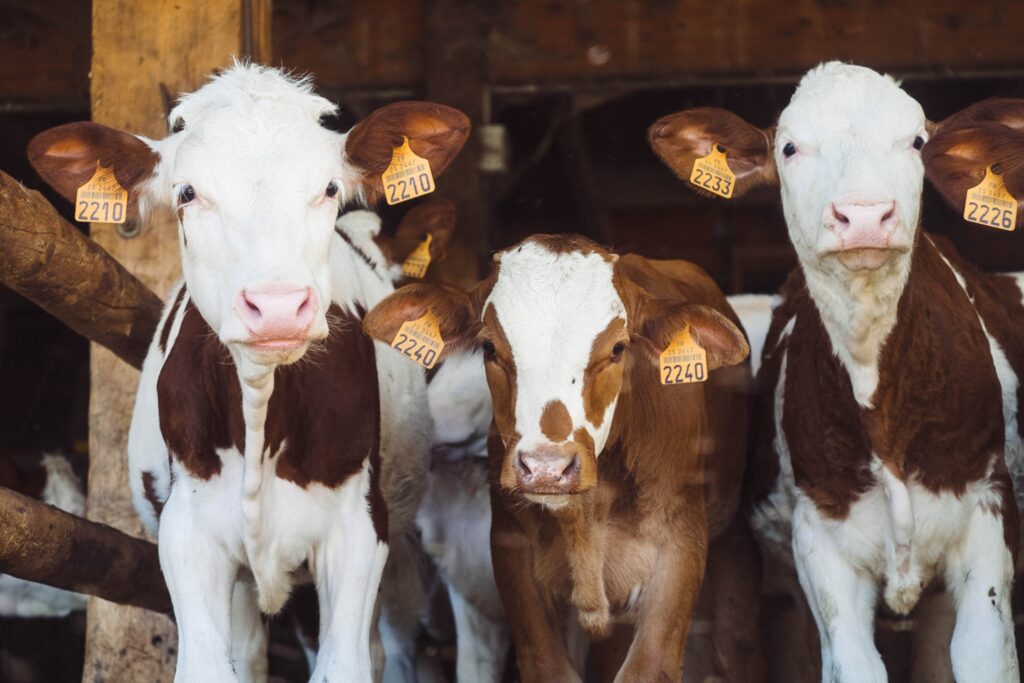The agricultural industry in the UK is experiencing something of an existential crisis, as the compounding of various domestic and global issues threatens the profitability of independent farms and larger agricultural centres alike. The president of the National Farmers’ Union commented on the agricultural landscape, and Parliament’s duty to farming professionals throughout the country, saying the government needs to ‘get serious’ about support.

Difficult as it is to be a small or medium-scale farmer in the current climate, the vocation is still an incredibly rewarding one – and one which receives considerable backing from UK citizens all the while. As such, starting up or taking over a farm – tough as it may be – represents a meaningful way to strike out in a trade. Safety is always a concern, but especially so where investment is tight; the following tips are designed to help you keep your farm, and everything in it, safe and secure as possible.
Putting Up Signs
Your farm will likely already have field boundaries, whether in the form of fencing or hedgerows. However, these are often not enough to deter accidental trespassers. Trespassers in the form of casual walkers or hikers pose no threat to your equipment, but could accidentally release livestock into a different field – or themselves encounter injury at the hands of your livestock.
As such, putting up signage along your borders and at key entryways can alert walkers that they may be entering your land, and also warn them of the potential hazards that they may encounter. Signage could also warn walkers of actively farmed fields, and potential dangers resulting from agricultural machinery.
Protecting Livestock from Predation
One major risk posed to your livestock exists in the form of predation; natural habitats surrounding farmland are common, and animals native to those areas may attempt to prey on farm animals. Foxes are a particularly common predator in the UK, and are estimated to have cost the agricultural industry over £10 million annually.
There are various ways in which farmers can combat predation. Sheep housing is a useful way to protect your sheep from foxes and other potential predators, while upkeep of larger fencing solutions with barbed wire can prevent predator ingress.
Securing and Protecting Property
Predators are not the only dangers to your farm livestock and property, though; theft, unfortunately, remains a major concern for agricultural businesses, and safety measures should be extended to the prevention of unauthorised human access. Beyond the reinforcement and signposting of farm boundaries, it is also important to securely lock farm buildings and equipment to prevent access and theft.
Keeping Machinery Safe
Speaking of equipment, agricultural machinery is a significant expense and a major target for thieves. Not only would it be wise to lock machinery away, you could also invest in GPS tracking tiles in order to follow the location of any equipment that does go missing.
